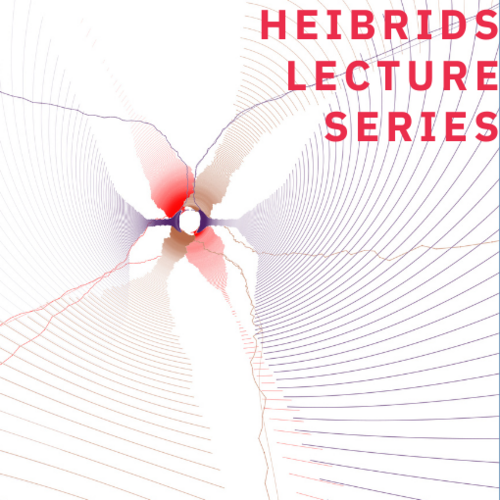Bayesian inference - an introduction and examples of its application to bioinformatics research
Speaker: Anders Gorm Pedersen, Technical University of Denmark
The main idea in Bayesian inference is to use probabilities as a way of quantifying the researcher’s degree of belief in different possible states of the world. For instance, the conclusion after analysing meterological data might be “there is 87% chance of rain today”. This is very different from classical (“frequentist”) statistics where one cannot assign probabilities to such statements, and where the focus is instead on how likely different possible data would be under a so-called null hypothesis (typically assuming that chance or random processes alone were responsible for the observed results). In this talk I will give a brief introduction to Bayesian inference, and then present some examples of how we have applied the technique in recent research projects. I will present concrete code examples showing how one can use Bayesian analysis to solve simple problems using R and the probabilistic programming language Stan.



